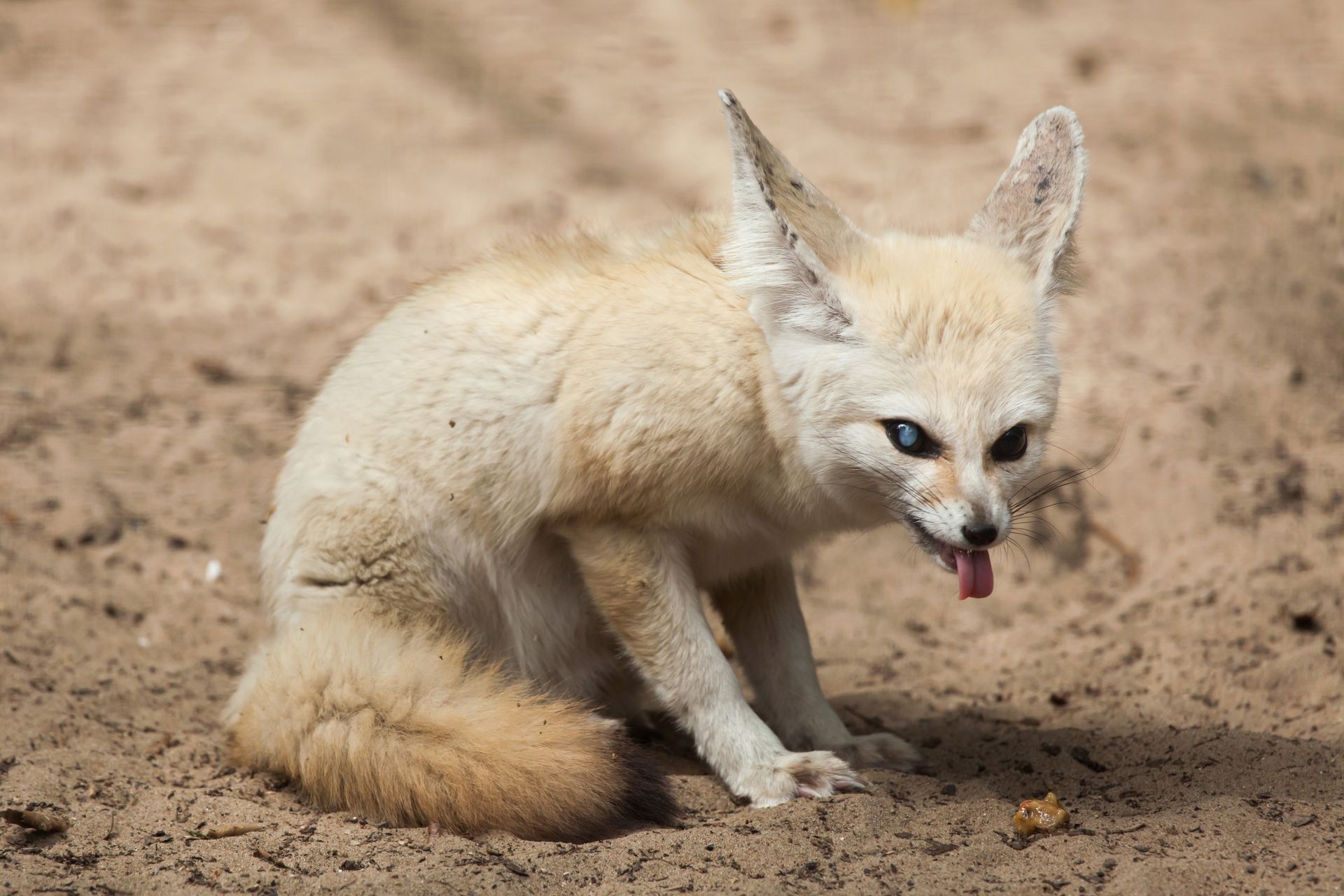Introduction to Exotic Pets
Definition of Exotic Pets: Exotic pets are animals that are not traditionally kept as household pets. They differ from the usual dogs, cats, and fish that many people are familiar with. These are creatures that are often found in the wild or are native to regions outside of one’s own country. They can range from reptiles and birds to mammals and amphibians.
The Allure and Fascination Behind Owning Exotic Creatures: The desire to own an exotic pet often stems from a deep fascination with the animal kingdom. For many, it’s the allure of having something unique, a creature that stands out and becomes a conversation starter. Owning such a pet can be a symbol of one’s passion for animals, a penchant for the unusual, or simply a love for a particular species. However, it’s essential to understand that this allure comes with significant responsibilities.
Importance of Understanding the Responsibilities of Owning an Exotic Pet: Owning an exotic pet isn’t just about showcasing its beauty or uniqueness. These animals have specific needs that differ vastly from common pets. Their dietary requirements, habitat needs, and even their behavioral patterns can be complex. Moreover, many exotic pets are taken from the wild, which raises ethical concerns about wildlife conservation and animal welfare. As a potential owner, it’s crucial to be well-informed and prepared for the challenges that come with caring for an exotic creature.
Special Care and Housing for Exotic Pets
The Unique Needs of Exotic Animals Compared to Domesticated Pets: Unlike domesticated animals that have been bred for generations to live alongside humans, exotic pets often retain many of their wild instincts and behaviors. This means they might have specific dietary needs, require particular environmental conditions, or exhibit behaviors that can be challenging for the average pet owner to manage. For instance, while a cat or dog might thrive on commercial pet food, an exotic bird or reptile might need a specialized diet to stay healthy.
Importance of Proper Housing, Both Indoor and Outdoor: The right habitat is crucial for the well-being of an exotic pet. Many of these animals come from unique ecosystems, and replicating that environment is essential for their mental and physical health. For example, tropical reptiles might need a heated and humidified enclosure, while a desert species would require the opposite. Outdoor housing, such as aviaries or enclosures, must be secure to protect the pet from potential predators and to prevent them from escaping.
The Challenges of Providing the Right Environment for Different Species: Each exotic species will have its own set of requirements. Aquatic animals might need specific water conditions, birds might require flight space, and certain mammals might need room to burrow or climb. It’s not just about space; it’s also about providing enrichment, the right substrate, hiding spots, and more. The challenge lies in researching and ensuring that you can meet these needs before bringing the pet home. Moreover, as these animals grow and mature, their requirements might change, necessitating adjustments to their care and housing.
Research Before Adoption
The Significance of Understanding the Nature and Behavior of the Chosen Pet: Every exotic animal comes with its own set of behaviors, instincts, and needs. Understanding these is paramount to ensuring a harmonious relationship between the pet and its owner. For instance, while some reptiles might be docile and easy to handle, others can be aggressive or skittish. By researching the specific species, potential owners can set realistic expectations and be better prepared for the challenges ahead.
Risks Associated with Impulsive Decisions: Impulse buying or adopting an exotic pet without proper research can lead to numerous problems. The owner might find themselves ill-equipped to care for the animal, leading to neglect or abandonment. Additionally, some exotic pets can live for several decades, making them a long-term commitment. Without understanding this commitment, owners might find themselves overwhelmed in the long run. There’s also the risk of supporting illegal wildlife trade if one doesn’t research and buy from reputable sources.
Importance of Considering the Safety of Family Members, Especially Children: Exotic pets can pose risks not just to the owner but to the entire household. Some animals have specific defense mechanisms, like biting, stinging, or even releasing toxins. Others might carry zoonotic diseases that can be transmitted to humans. It’s crucial to understand these risks, especially if there are vulnerable individuals in the house, like children or elderly family members. Proper research will provide insights into safe handling and care, ensuring the safety of everyone involved.
Legalities and Permits
Overview of California Laws Regarding Exotic Pet Ownership: California has stringent laws when it comes to the ownership of exotic pets. These laws are in place to protect both the animals and the public. Some species are completely banned due to concerns about invasiveness, potential harm to local ecosystems, or risks to public safety. Others might be allowed but with specific restrictions or requirements.
The Process of Obtaining Necessary Permits: For those exotic animals that are legal to own in California, many require a permit. Obtaining a permit often involves demonstrating knowledge about the animal, proving that you have the appropriate facilities to house and care for it, and sometimes even undergoing inspections. The permit process ensures that only those truly capable and committed are allowed to keep certain exotic species. It’s essential to check with local and state agencies to understand the permit requirements for the specific animal you’re interested in.
Consequences of Illegal Ownership: Owning an exotic pet without the necessary permits or owning a banned species can lead to severe consequences. These can range from hefty fines to potential jail time. Additionally, the animal in question might be confiscated, which can be traumatic for both the pet and the owner. Beyond legal consequences, illegal ownership can also contribute to the unethical and harmful wildlife trade, which poses threats to biodiversity and animal welfare globally.
List of Exotic Pets Legal to Own in California
Hybrid Cats: Hybrid cats, like the Savannah or Bengal, are a mix between domesticated cats and wild feline species. They are known for their striking appearance and unique behaviors. While they can be more challenging to care for than a typical domestic cat, with the right environment and attention, they can make fascinating companions. Potential owners should be aware of their specific dietary and environmental needs.
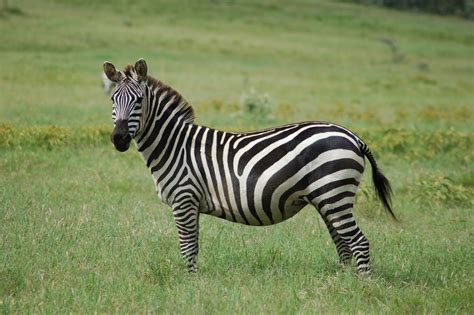
Zebras: While it might be surprising to some, zebras can be legally owned in certain parts of California. However, they require a lot of space to roam and are not suited for typical backyard living. Their wild nature means they can be unpredictable, and potential owners should be prepared for the challenges of caring for such a large and active animal.
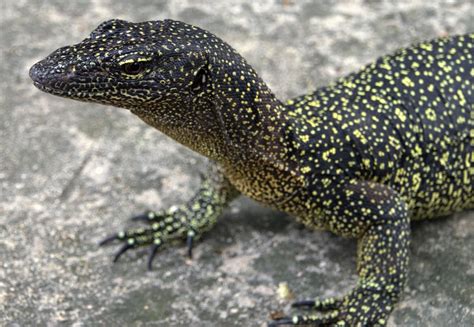
Monitor Lizards: These reptiles are known for their intelligence and size. They require spacious enclosures and a controlled environment to thrive. Their diet mainly consists of meat, and they can be quite active. Regular interaction and stimulation are essential to keep them healthy and engaged.
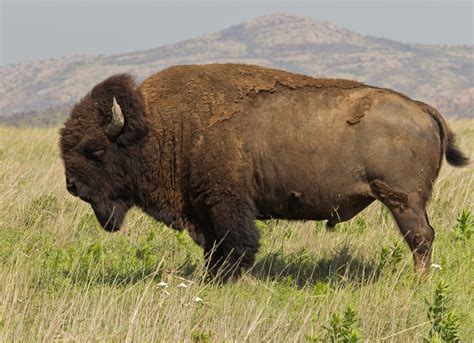
American Bison: Owning an American Bison is not for the faint-hearted. These majestic creatures require vast spaces to roam and graze. They can be unpredictable and are best suited for those with experience in handling large mammals.
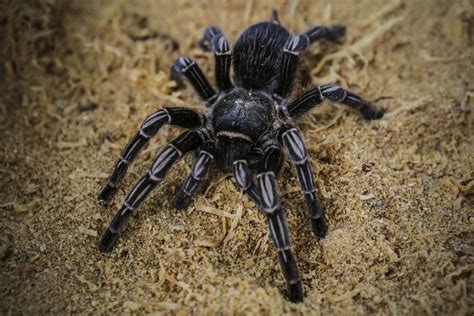
Tarantulas: These arachnids have become popular pets due to their low maintenance needs and intriguing behaviors. They require specific humidity and temperature levels and feed primarily on insects. While they can be a great pet for those with a fascination for spiders, they are not ideal for those looking for a hands-on pet.
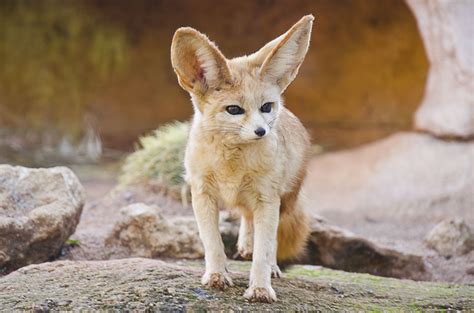
Fennec Fox: Known for their large ears and playful nature, Fennec Foxes are desert animals that require a warm environment. They are omnivores and have a varied diet. Their curious and active nature means they need regular interaction and stimulation.
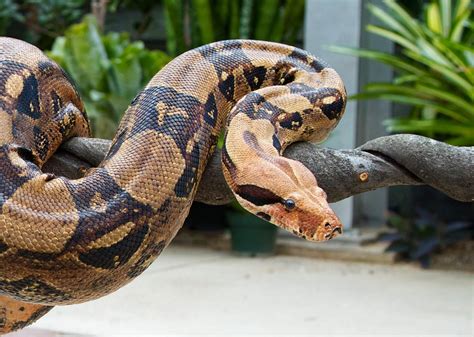
Constrictor Snake: Snakes like pythons and boas can be legally owned, but they come with their own set of challenges. They require specific enclosures, regular feeding of live or frozen prey, and can grow quite large. Safety precautions are essential, especially around children.
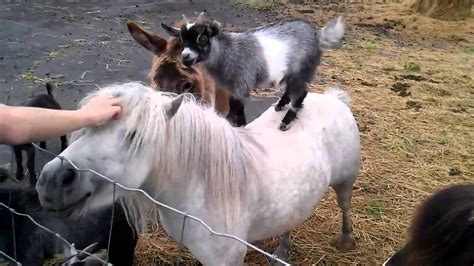
Pygmy Goats and Miniature Horses: These animals are more like traditional pets but are still considered exotic by many. They are social creatures that require companionship, space to roam, and regular care.


Ferrets, Hedgehogs, Toucan: Each of these animals has its own unique care requirements. Ferrets are playful and curious, hedgehogs are nocturnal and require a specific diet, and toucans, with their vibrant beaks, need spacious aviaries and a varied diet.
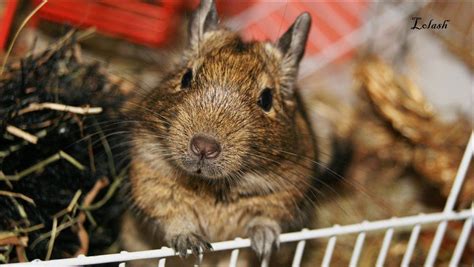

Chipmunks, Degu, Spiny Mice, Prairie Dogs: These small mammals are active and require spacious enclosures with plenty of opportunities for burrowing and climbing. Their dietary needs vary, but they all thrive on a mix of commercial food and fresh produce.
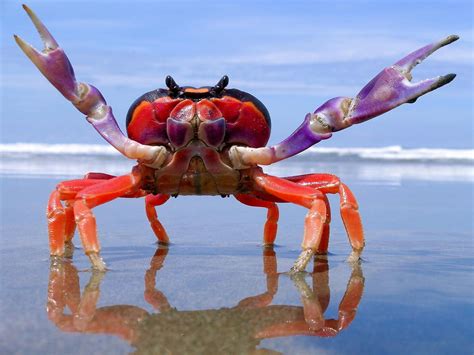
Moon Crabs: These crustaceans are nocturnal and require a humid environment. They are scavengers by nature and have a varied diet. Their enclosures should provide both land and water areas for them to thrive.
Visiting Exotic Pet Zoos
Benefits of Visiting Exotic Pet Zoos Before Making a Decision: Before diving into the world of exotic pet ownership, visiting an exotic pet zoo can offer invaluable insights. These specialized zoos house a variety of exotic species, allowing potential owners to observe the animals in a semi-natural environment. It provides a firsthand look at the animals’ behaviors, their interactions with humans, and the kind of habitats they thrive in. This experience can help in setting realistic expectations and understanding the commitment involved.
Learning from Experts and Handlers: Exotic pet zoos often employ experts who have vast knowledge and experience in handling and caring for exotic species. Engaging with these experts can provide potential owners with a wealth of information. From understanding the dietary needs of a specific reptile to learning about the social behaviors of a particular mammal, these experts can offer guidance that books or online resources might not cover. They can also share personal experiences, tips, and tricks that can be invaluable for a first-time exotic pet owner.
Importance of Humane Education: Exotic pet zoos play a crucial role in educating the public about the ethical considerations of owning exotic animals. Many of these animals are endangered or at risk in the wild due to habitat loss, poaching, or the pet trade. By understanding the bigger picture, potential owners can make informed decisions that align with conservation efforts and animal welfare. Zoos often run educational programs that highlight the challenges these animals face in the wild and the importance of responsible pet ownership.
Conclusion
The Joys and Challenges of Owning an Exotic Pet: Owning an exotic pet can be a rewarding experience. The bond formed with such unique creatures can be profound, offering a sense of connection to the broader animal kingdom. However, with these joys come challenges. Exotic pets often have specific needs that require dedication, time, and resources. Their behaviors, dietary requirements, and habitat needs can be vastly different from traditional pets, necessitating a deep understanding and commitment from the owner.
The Ethical Considerations of Keeping Wild Animals as Pets: While the allure of owning an exotic creature is undeniable, it’s essential to consider the ethical implications. Many exotic pets are taken from the wild, which can have detrimental effects on their native populations and ecosystems. Additionally, the exotic pet trade can sometimes be linked to illegal activities and inhumane treatment of animals. As a potential owner, it’s crucial to research and source pets from reputable breeders or rescues that prioritize animal welfare.
Encouraging Responsible and Informed Pet Ownership: The decision to own an exotic pet should never be taken lightly. It’s a long-term commitment that can span several decades, depending on the species. By being well-informed, potential owners can ensure that they provide the best possible care for their pets. This not only benefits the animal but also contributes to a broader understanding and appreciation of the world’s biodiversity. In the end, responsible and informed pet ownership can lead to a fulfilling and enriching experience for both the owner and the pet.
Enjoyed reading this article? There’s plenty more where that came from! Check out our blog for more insightful articles and tips about your furry friends. Here are a few you might find interesting:
– Pet Friendly Hotels Near Lax Airport
– Top Organic Dog Foods of 2023: Nourishing Your Dog Naturally
– Top 10 Dog Activities To Do With A Child
– Unlocking the Benefits of Premium Dog Vitamin Supplements
– Dog-Friendly Farmers Markets In Los Angeles
– Top 10 Dog Breeds Active Families
Keep exploring and learning with Trusty Paws!
